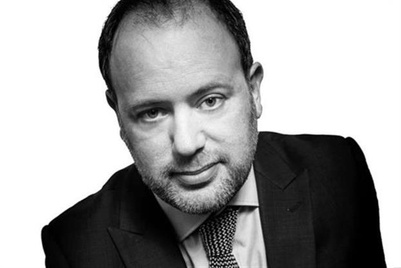
The plans by Yibin City officials sparked sarcasm and ridicule among Chinese netizens, with some suggesting that Qingdao could have a Tsingtao Beer Airport, and Beijing could have a Erguotou Airport—both local alcohol brands.
Officials responded that naming the city's airport after the brand, Wuliangye, would improve the visibility of Yibin City on the global map. They also emphasised that christening roads after a commercial enterprise is accepted, therefore the same rationale should apply to an airport, since both are public resources?
"Completely rejecting this in the age of capitalism is difficult, especially if the city government and Wuliangye regard this move as having complementary economic advantages for both," said Polly Chu, chief creative officer at JWT Beijing.

Chu, a Hong Kong native who moved to China almost 10 years ago, laughed at the idea of renaming Hong Kong International Airport as, say, "Silk Stocking Milk Tea Airport", after a Hong Kong-style milk tea filtered with a giant teabag resembling an overstretched silk stocking. But she added that while a single commodity cannot represent a city, the sociopolitical, economic and cultural impact of producing that commodity within the city of Yibin may be significant to the natives.
After all, Wuliangye (headquarters pictured below) is said to be the largest employer of Yibin's nearly 5-million population, providing jobs for roughly half of the city’s residents. The brand's 2011 sales revenue was equivalent to half of Yibin's GDP, according to local media reports.

Yet while Wuliangye is undoubtedly lucrative rice wine business, the company also has a brand reputation that is—fair to the brand or not—associated with corruption among government officials because Wuliangye is a frequent gift given to accelerate business deals.
In neighbouring Guizhou province, the city of Renhuai has also planned to name its new airport after Wuliangye’s competitor, Maotai. That attracted less criticism since Maotai is itself named after a town located along the southeast bank of the Chishui River, and fulfils geographical sensibiltiies in naming conventions.


+(900+x+600+px)+(3).png&h=334&w=500&q=100&v=20250320&c=1)
+(900+x+600+px).jpg&h=334&w=500&q=100&v=20250320&c=1)
.jpg&h=334&w=500&q=100&v=20250320&c=1)


.jpg&h=334&w=500&q=100&v=20250320&c=1)
+(900+x+600+px).png&h=334&w=500&q=100&v=20250320&c=1)

+(900+x+600+px)+(1).png&h=334&w=500&q=100&v=20250320&c=1)







.jpg&h=268&w=401&q=100&v=20250320&c=1)
